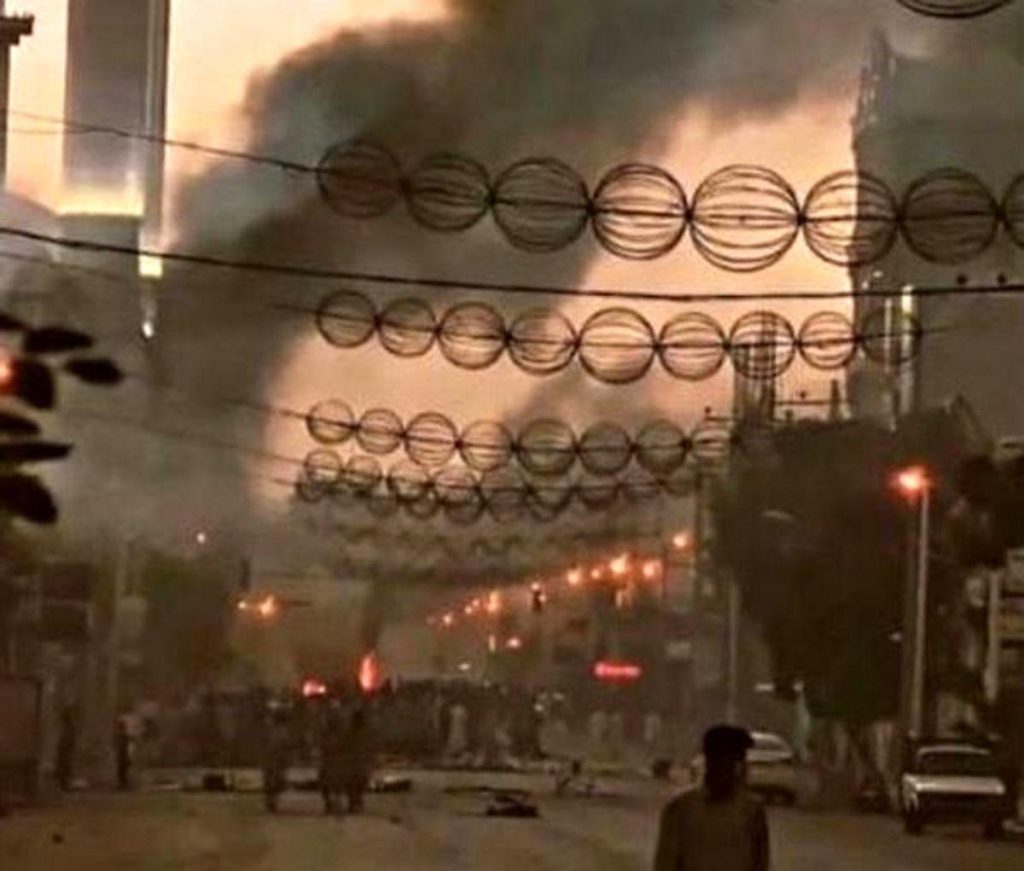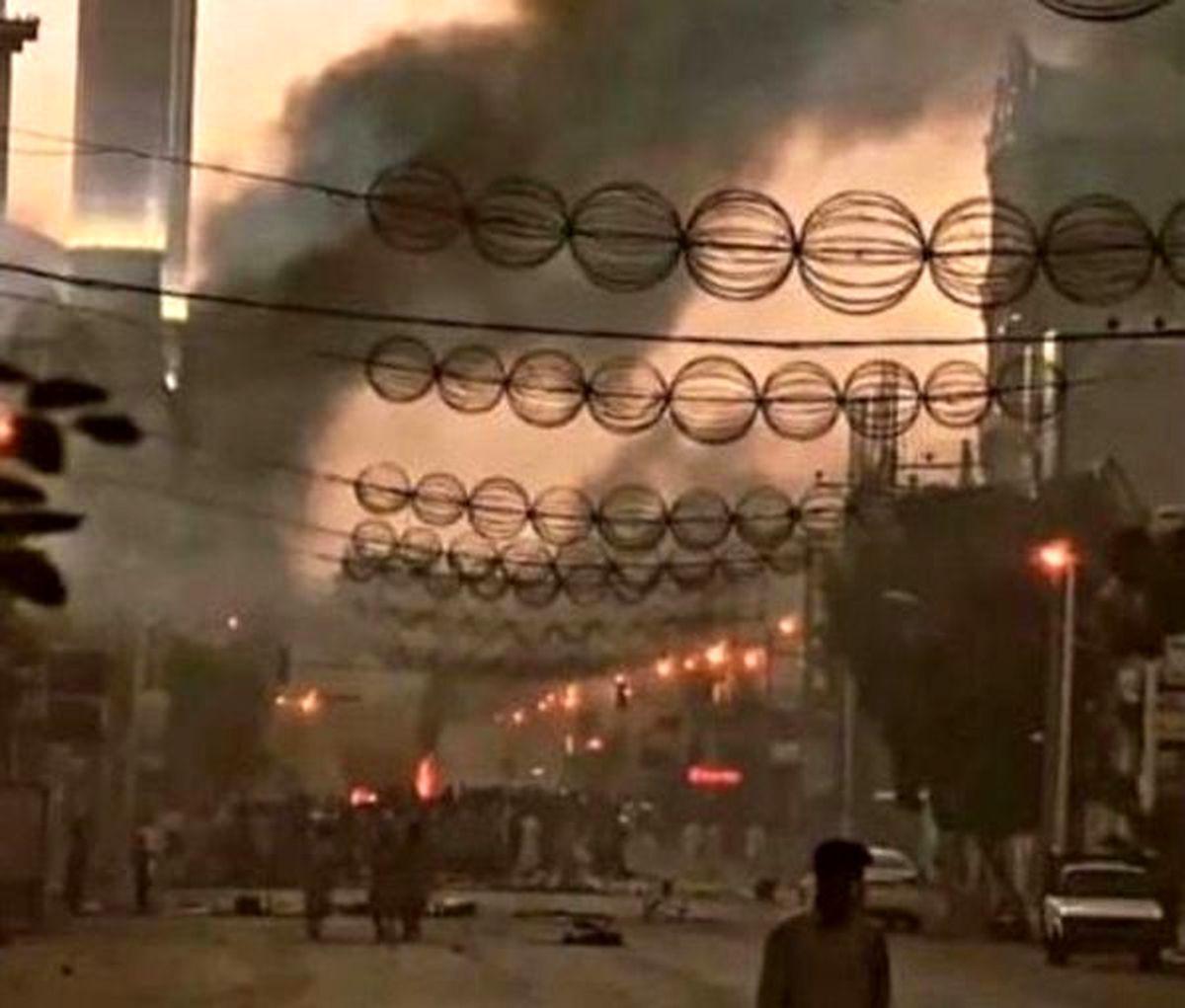According to the Balochistan Human Rights Group, today, Sunday, January 12, 2025, the head of the judiciary in Sistan and Balochistan announced that in the case of Zahedan’s Bloody Friday, the officers who were prosecuted for premeditated murder have been acquitted of the death penalty and sentenced to pay blood money and a maximum of 10 years in prison.
This verdict comes as the families of the victims and injured have repeatedly emphasized that such rulings do not deliver justice for the loss of their loved ones. The investigation process has been marked by severe restrictions on families and witnesses, and many human rights activists believe that this decision is aimed at ending the case while protecting those responsible for this tragedy.
The head of the judiciary cited delays in processing this case due to “fear of people filing complaints, the lack of identification documents for some claimants, and the lengthy treatment of the injured.” He added that since the exact shooters and the weapons used could not be identified, the charge of premeditated murder was changed to blood money payment and up to 10 years of imprisonment.
He also stated that the determined blood money would be paid to the families and that, under Ali Khamenei’s orders, the convicted individuals would benefit from the privileges given to “families of martyrs and war veterans.”
Zahedan’s Bloody Friday, which occurred on October 30, 2022, was one of the largest crackdowns on nationwide protests in Iran. Security forces opened fire on protesters gathered after Friday prayers in Zahedan, killing at least 107 people, including 17 children.
The first hearing of the case was held in February 2024, but the families of the victims, eyewitnesses, and their lawyers faced significant restrictions. In subsequent hearings, only seven officers were introduced as defendants, with claims that they had not directly fired at the protesters.
Ultimately, families were told that it was unclear which branch of security forces was responsible for the killings of their loved ones, and they were encouraged to accept blood money. These rulings and the process as a whole reflect an effort by the government to avoid delivering justice while protecting its own forces.



